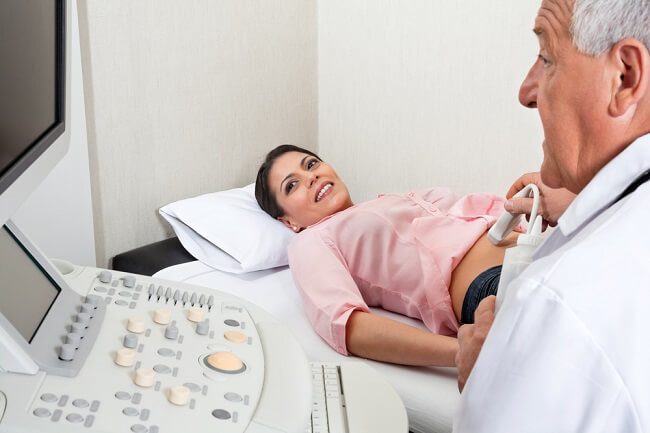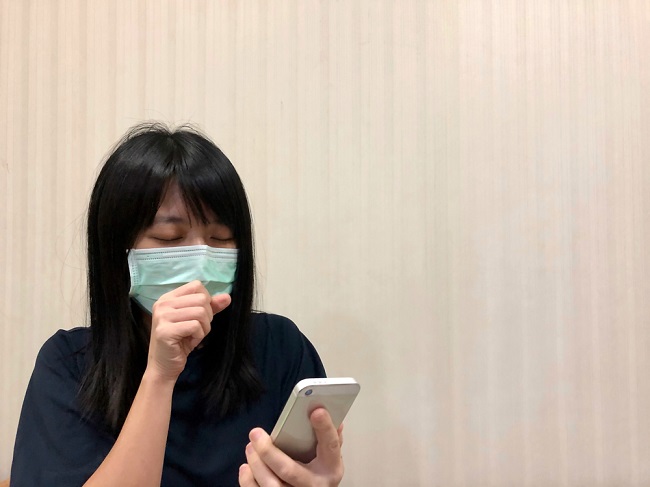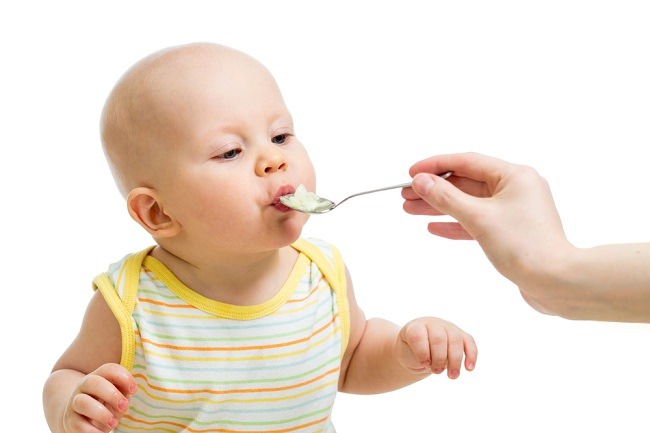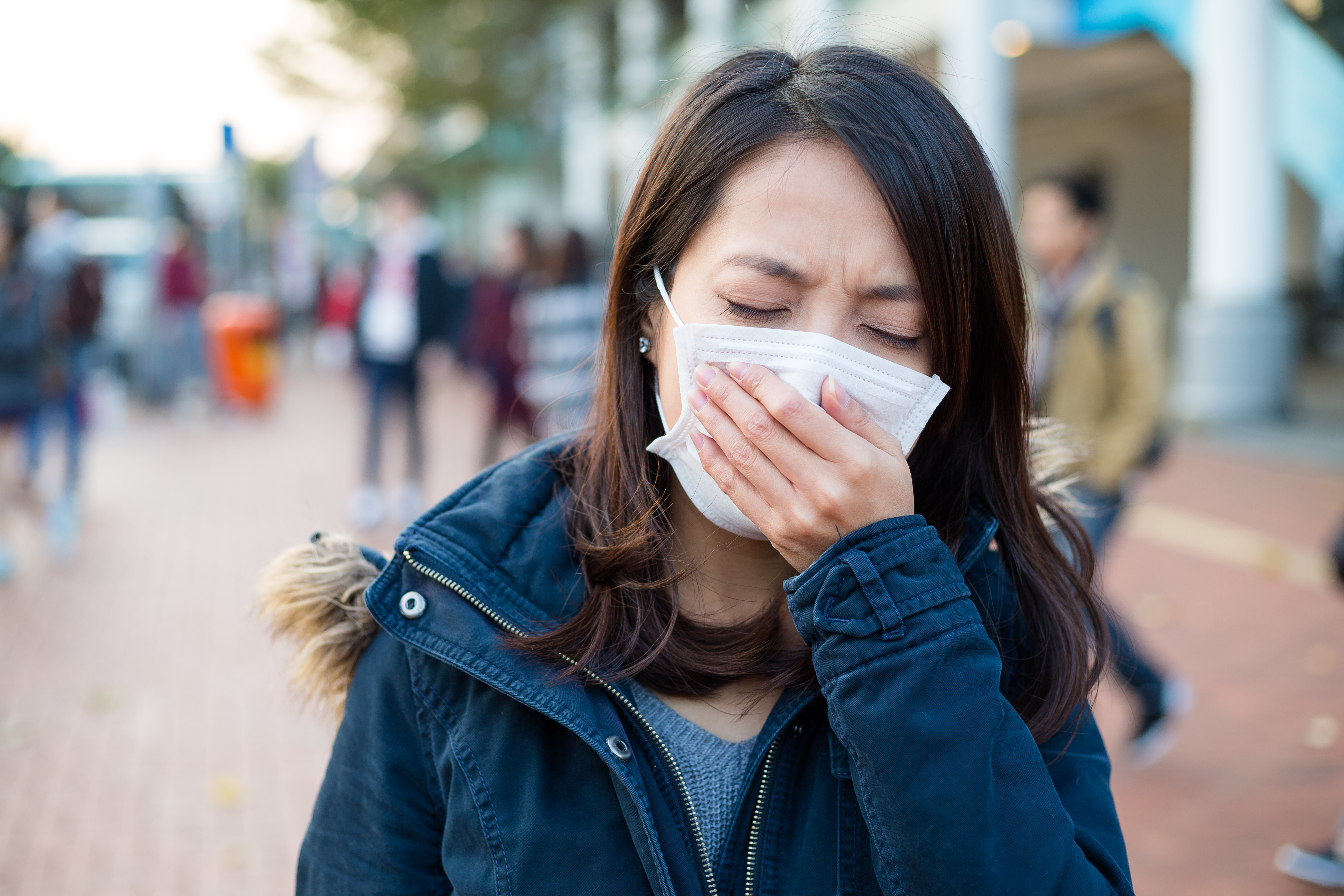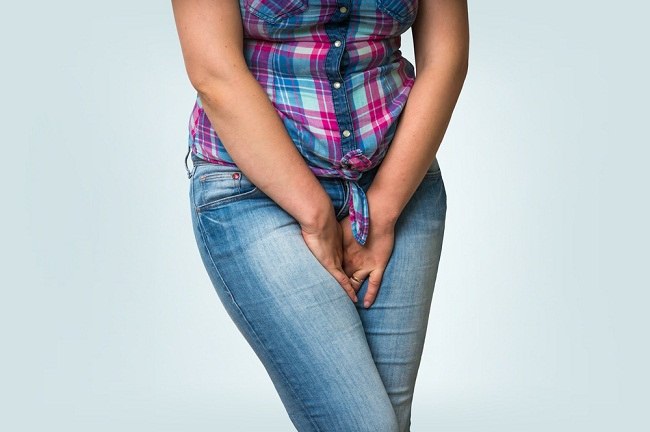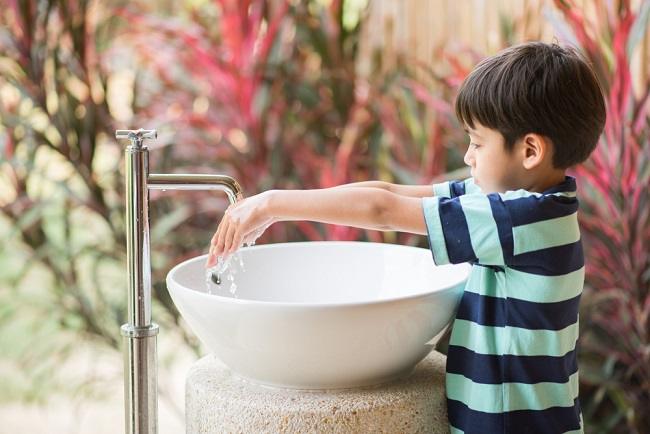Seafood good for pregnant women because these foods contain many nutrients that are important for the health and development of the baby. However, it should be noted that there are several types of seafood which should be limited or even avoided completely by pregnant women.
Priority seafood for pregnant women lies in the nutritional content of omega-3 fatty acids (DHA and EPA) which are abundant in it. These nutrients are important for helping the baby's brain development and can improve cognitive abilities. On the other hand, seafood can also be a good source of protein, iron, and zinc for pregnant women.

Even so, keeping an eye on the amount of consumption seafood for pregnant women is also important because consumption seafood Too much can cause side effects that can interfere with the growth and development of the baby.
Dangers of Eating Seafood for pregnant women
Not only those who are pregnant, women who are planning to become pregnant and breastfeeding mothers also need to be careful in consuming seafood. The following are some things that pregnant women need to be aware of about seafood:
Mercury content
Seafood can indeed be a good source of nutrition for pregnant women. However, some seafoodFish and shellfish, especially fish and shellfish, can contain high levels of mercury. Fish that contain a lot of mercury are usually large ones, such as bigeye tuna, marlin, shark, swordfish (swordfish), and king mackerel.
Although mercury is not really a problem for most adults, pregnant women are strongly advised to avoid it. High levels of mercury in the blood due to consumption seafood can interfere with the development of the baby's brain and nervous system.
Instead, consume seafood safe for pregnant women. Pregnant women can also minimize the risk of mercury by choosing small fish that are low in mercury and rich in omega-3 fatty acids, such as salmon, sardines, tilapia, and mackerel. In addition, there are also types seafood which are considered safe for pregnant women, namely packaged shrimp and tuna that are cooked.
How to cook it
If eaten raw, most seafood is at risk of causing tapeworm infection. These parasites can cause digestive disorders and inhibit the absorption of nutrients needed by pregnant women and babies in their womb.
Consuming seafood Raw can also cause food poisoning because pregnant women are usually more susceptible to food poisoning during pregnancy. Poisoning seafood Raw actually does not harm the baby, but it can make pregnant women unhealthy and have no appetite.
Therefore, serving seafood for pregnant women should be thoroughly cooked to kill bacteria and viruses in it, so that it becomes safer for consumption.
Tips for Safe Eating Seafood for pregnant women
So that pregnant women can take the abundant nutritional benefits of seafood, while avoiding the risk, observe the following rules:
- Limit consumption seafood to only 2-3 servings (220-340 grams) a week.
- choose seafood which is low in mercury.
- Choose small fish.
- Avoid eating seafood undercooked, including oysters, sushi, and sashimi.
- Cook seafood correctly, namely with a temperature of 63 degrees Celsius.
- Avoid eating fish from waters that are already prone to industrial pollution.
Seafood in general are foods that are rich in nutrients and good for health. Unfortunately for pregnant women, seafood can cause side effects. However, by knowing the things that need to be anticipated, pregnant women can still, how come, benefit from this food.
As long as pregnant women avoid seafood containing high mercury or contaminated with pollutants and cooking them properly, seafood can still be part of a healthy diet during pregnancy.
If necessary, pregnant women can ask the doctor for advice regarding seafood anything that is safe for pregnant women to consume.
